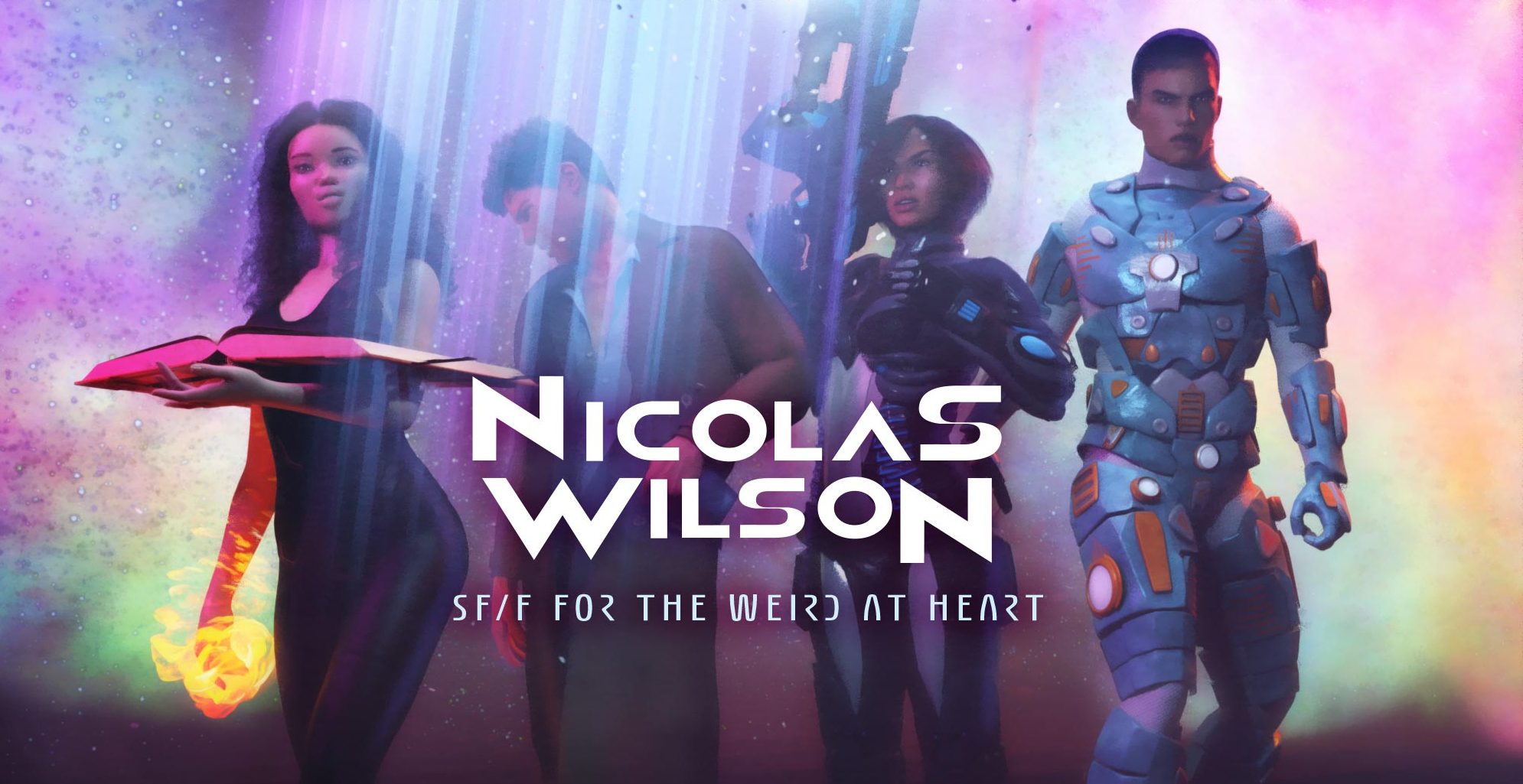Eleven, Germany, 4/11/45
Jack’s Hebrew was shaky, but he listened intently as the old woman, whose name was Flossy, spoke. “I was sick,” she said, “violently, violently ill. They had no facilities on the train, so the soldiers left me behind. ‘There will always be another train,’ they said. But they took the rest of my family, my Heinrich, our daughter Ruth and her husband, with their children, two girls and a boy. I must find them,” she said, and took hold of Jack’s face, and pulled it down to her, nearly a foot lower than his usual height. “Promise me, you will find them.”
She released him, “I’ll find them,” Jack said, and took out a folded sheaf of paper, and a little charcoal pencil. “Describe them for me.”
Flossy blinked at him twice before registering the paper, and her expression changed. “My Heinrich, he is three inches taller than me, thin, frail, white hair, only on the sides of his head. Spectacles, if he’s managed not to lose them.
“Ruth is thirty-nine, plump, but beautiful, and not just in her mother’s eye. Long, curly black hair, to her backside,” she traced her hand down her own back to illustrate.
Jack put up his hand to slow her. “Sometimes, they shave people’s heads, to prevent lice. Identifying marks, jewelry?”
“She has the ring I was married with,” she touched her left ring finger, twisting the ring that had been gone long enough there was no longer a tan line where it once was. “Gold, with a Star of David, with a sapphire hexagon in the center, my birth stone. My father bought it when he proposed to my mother, and when I met Heinrich, she gave it to me, and I gave it to Ruth when she married.
“Her husband Charles is a gentile, French, with straw hair, in color and texture, usually kept under a small cap. His left leg is shorter than his right, which makes him walk with a limp. And he has a crooked smile, that matches.
“The children all have their father’s color of hair, all to their shoulders, even the boy. He refused to have his hair cut any shorter than his sisters’. They go everywhere hand in hand, the boy, the youngest, between them; I suspect not even the Nazis could separate them.”
“Their names?” he asked.
She beckoned for him to give her his pencil and paper, and he did. She scrawled across three consecutive lines, names, with ages between five and nine, then wrote out the names of her husband, their daughter and her husband, too. Then she handed him back both.
“Thanks,” Jack said, “this should really help.” He slid both back into his pocket, before seeing that she was staring at a young woman, flirting with one of the soldiers. The young woman kissed one of the Americans, and he said, “Shucks,” loudly enough they heard it. The mood of the train had lightened considerably, except among the captured Germans.
And Flossy. Staring at the reveling, tears streamed down her cheeks. “This wasn’t necessary,” she said, her voice breaking. “We escaped. From Germany. From the Nazis. From Europe. My family, we traveled, by boat. We made it to America, to Ellis Island, in sight of the Statue of Liberty. We were safe,” she sobbed, “we were safe.
“They sent us away, told us there was no room. Like the country was an inn, with no vacancies, and sent us back. No one would take us,” she said, trembling. “The entire world turned its back on us…”
Jack’s jaw set; it had been a awhile since he’d been so furious, and a good long time since that anger was turned towards his own country and government. “I’ll find them,” he said, squeezing her shoulder. “They haven’t invented a Nazi yet who can slow me down.”
She collapsed against him, wailing.
